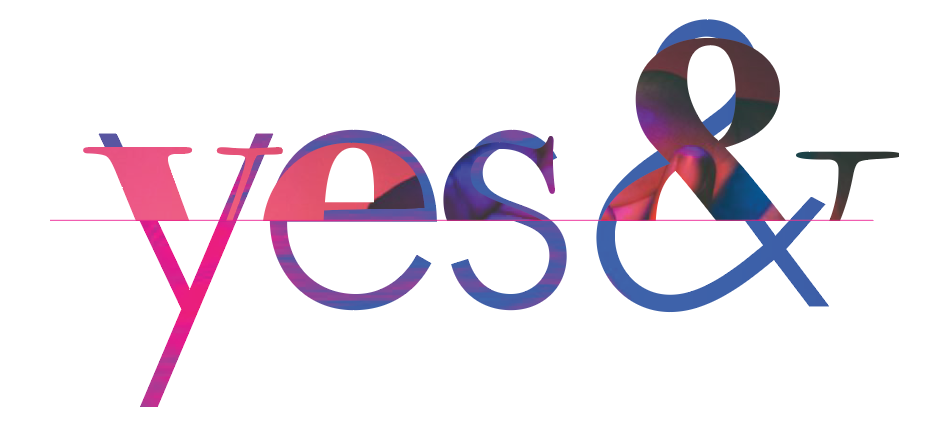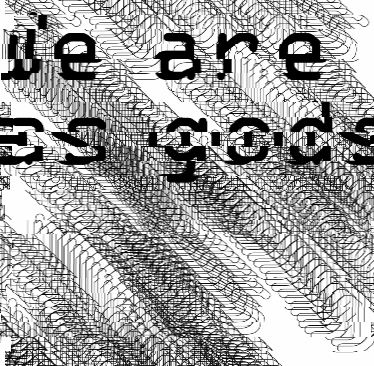Being a creature driven by curiosity, discovery, and exploration I’ve been completely unaware of the affordances of living in THIS age of technological innovation. My recent reading has given me an immense appreciation for the fact that this culture of hacking, making, caring, and sharing has not always existed. Oh, how I have taken so much for granted! The work of preceding “network entrepreneurs” has made accessible the means to pursue knowledge…which is my fundamental reason for living (or, if this sounds too extreme, for my pursuits as a designer).
Admittedly, I have held very narrow, unsavory, and criminal connotation of hacking. How unfortunate…for these ideas are so clearly the bridge I have been seeking to connect my back-to-the-land, resist-the-man, egalitarian worldview to who I am as a designer in the time of ever emerging technological advances (many of which I so desire to resist). Need I say Stewart Brand is my new personal hero?
Let me stop for a moment and give credit to a classmate…a profound conversation with Dajana Nedic*shout out!* has allowed me to connect the following ideas with my mind blowing moment of understanding.
Hacking has a reputation (often negative) only allotted to programmers. But what about DIY hackers, life hackers and those of us striving for self-sufficiency through the continuous learning afforded to us via information communities? When I needed to replace the siding of my house, when I had to change the oil in my car for the first time after my divorce, when I needed to understand what depreciation meant when claiming a rental property on my taxes…all I have needed is a computer, phone or tablet and the instruction is at my fingertips. What liberation!
The question I initially desired to propose in this writing was going to be: what is a new definition for hacking that embraces a broader, more positive context? But as I researched and pondered my own understanding (and with the help of wikepedia) I have written this definition: The hacker culture is a subculture of individuals who enjoy the intellectual challenge of creatively overcoming limitations as a means to achieve novel and clever outcomes. Hacking is the term for the act of engaging in activities in a spirit of playfulness and exploration. The defining characteristic of a hacker is not the activities performed themselves, but the manner in which it is done and whether it is something exciting and meaningful. It is simply a descriptor for those of us who are cleverly aware of the world in which we live.
QUESTION TO CONSIDER: Is this definition relevant and/or accurate and/or missing anything?
So, progress, not perfection. Process over product. If I change my understanding of hacking as a means to pursue knowledge and innovation, I can create a method for discovery:
Step #1 >> position myself in an area which I am struggling to understand
Step #2 >> find a tiny spot to start exploring – perhaps somewhere I wasn’t supposed to go
Step #3 >> start deconstructing it, figuring out how and why it works
Step #4 >> apply this knowledge to a new idea
Step #5 >> make, create, evolve
Step #6 >> make this new “thing” accessible, foster community, never hoard innovation
As designers, we do this unconsciously. Perhaps hacking is simply a means of tackling problems in unexpected ways and being comfortable with ambiguity. Again, mind blown.
In Allison Parrish’s Programming is Forgetting, we begin to see the immense, potential opportunities of hacking from a questioning point of view. When digging through information in our pursuit of understanding, we push aside so many elements, pieces and parts we deem useless in that moment. What have we lost? What has been left out? How have we missed the opportunity of reflection on the knowledge of the experience? Are we focused merely on the process of getting from A to B (i.e. the result, the digitized moment)?
QUESTION TO CONSIDER: How might we embrace what was lost through forgetting, through throwing away and pushing aside, to create a new hacker culture?
And finally, on a sub-note and to honor my love of charting as a means to understanding, here is a visual way of understanding the how “Stewart Brand shaped the climate that shifted the perception of computers from heartless and domineering to human and empowering” (from Jay Cross, Internet Time Blog):

READINGS REFERENCED:
The Hacker Manifesto – The Mentor
From Counterculture to Cyberculture: Steward Brand, the Whole Earth Network, and the Rise of Digital Uptopianism – Fred Turner
Whole Earth Catalog Purpose and Function –Stewart Brand
Programming is Forgetting – Allison Parrish

